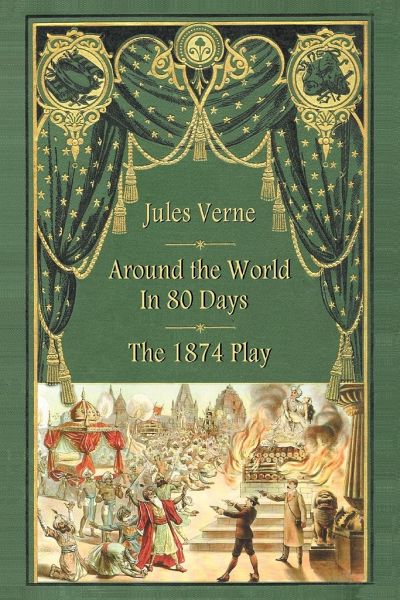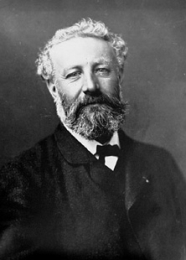
Around the World in 80 Days - The 1874 Play

PAYBACK Punkte
12 °P sammeln!
Jules Verne's most famous novel was originally conceived as a play-and had its greatest 19th century success as a stage hit the author himself adapted. Running for thousands of performances in many different countries, including the United States, here is the original playscript, translated directly from the French by the producers of the original Broadway presentation, not published since 1874. Like filmmakers after him, Verne understood the need to make changes for the stage, and in collaboration with Adolphe d'Ennery created a distinct variation, a play with many different characters and ep...
Jules Verne's most famous novel was originally conceived as a play-and had its greatest 19th century success as a stage hit the author himself adapted. Running for thousands of performances in many different countries, including the United States, here is the original playscript, translated directly from the French by the producers of the original Broadway presentation, not published since 1874. Like filmmakers after him, Verne understood the need to make changes for the stage, and in collaboration with Adolphe d'Ennery created a distinct variation, a play with many different characters and episodes than are in the novel. Included in this volume is an introduction about how the play was created and staged, together with the first translation of Verne's essay, "The Meridians and the Calendar," explaining how Phileas Fogg accomplished his feat.













